#Mars robot
Text
Title: This Is Not Goodbye
Fandom: Space/Space Vehicles
Author: ourswordsmeandeath
Rating: G
Words: 100
Summary:
The wind kicks up unexpectedly around Sol 106.
A drabble about the NASA InSight Lander.
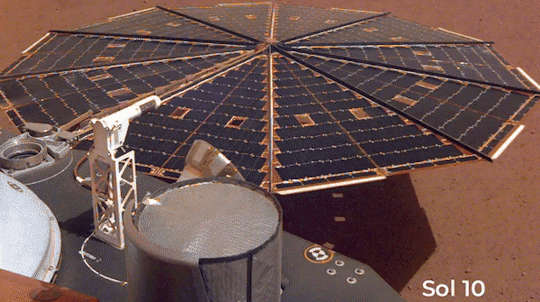
#Mars#InSight#Mars lander#NASA#NASA InSight#JPL#space#outer space#planet#robot#Mars robot#InSight Mars Lander#Jet Propulsion Laboratory#space vehicle#Mars mission#science#NASA InSight lander#lander#NASA lander#space fic
3 notes
·
View notes
Text


George Nader as Roy
Robot Monster (1953) dir. Phil Tucker
#Robot Monster#Monster from Mars#George Nader#Phil Tucker#guys#movies#*#**#filmedit#scifiedit#georgenaderedit#horroredit#userviet#userpedro#holesrus#uservienna#userdeforest#userteri#userlenie#userbrittany
852 notes
·
View notes
Text
Kelly and Zach Weinersmith’s “A City On Mars”
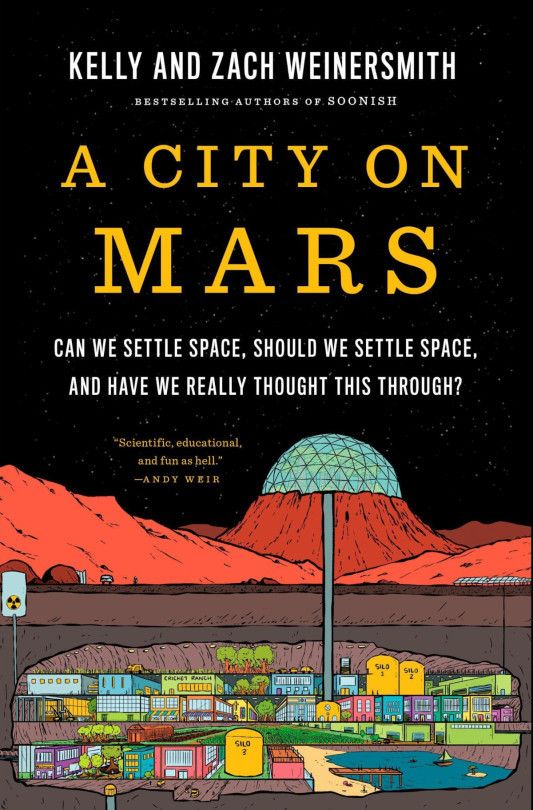
In A City On Mars, biologist Kelly Weinersmith and cartoonist Zach Weinersmith set out to investigate the governance challenges of the impending space settlements they were told were just over the horizon. Instead, they discovered that humans aren't going to be settling space for a very long time, and so they wrote a book about that instead:
https://www.acityonmars.com/
The Weinersmiths make the (convincing) case that ever aspect of space settlement is vastly beyond our current or reasonably foreseeable technical capability. What's more, every argument in favor of pursuing space settlement is errant nonsense. And finally: all the energy we are putting into space settlement actually holds back real space science, which offers numerous benefits to our species and planet (and is just darned cool).
Every place we might settle in space – giant rotating rings, the Moon, Mars – is vastly more hostile than Earth. Not just more hostile than Earth as it stands today – the most degraded, climate-wracked, nuke-blasted Earth you can imagine is a paradise of habitability compared to anything else. Mars is covered in poison and the sky disappears under planet-sized storms that go on and on. The Moon is covered in black-lung-causing, razor-sharp, electrostatically charged dust. Everything is radioactive. There's virtually no water. There are temperature swings of hundreds of degrees every couple of hours or weeks. You're completely out of range of resupply, emergency help, or, you know, air.
There's Helium 3 on the Moon, but not much of it, and there is no universe in which is it cheaper to mine for Helium 3 on the Moon than it is to mine for it on Earth. That's generally true of anything we might bring back from space, up to and including continent-sized chunks of asteroid platinum.
Going to space doesn't end war. The countries that have gone to space are among the most militarily belligerent in human history. The people who've been to space have come back perfectly prepared to wage war.
Going to space won't save us from the climate emergency. The unimaginably vast trove of material and the energy and advanced technology needed to lift it off Earth and get it to Mars is orders of magnitude more material and energy than we would need to resolve the actual climate emergency here.
We aren't anywhere near being a "multiplanetary species." The number of humans you need in a colony to establish a new population is hard to estimate, but it's very large. Larger than we can foreseeably establish on the Moon, on Mars, or on a space-station. But even if we could establish such a colony, there's little evidence that it could sustain itself – not only are we a very, very long way off from such a population being able to satisfy its material needs off-planet, but we have little reason to believe that children could gestate, be born, and grow to adulthood off-planet.
To top it all off, there's space law – the inciting subject matter for this excellent book. There's a lot of space law, and while there are some areas of ambiguity, the claims of would-be space entrepreneurs about how their plans are permissible under the settled parts of space law don't hold up. But those claims are robust compared to claims that space law will simply sublimate into its constituent molecules when exposed to the reality of space travel, space settlement, and (most importantly) space extraction.
Space law doesn't exist in a vacuum (rimshot). It is parallel to – and shares history with – laws regarding Antarctica, the ocean's surface, and the ocean's floor. These laws relate to territories that are both vastly easier to access and far more densely populated by valuable natural resources. The fact that they remain operative in the face of economic imperatives demands that space settlement advocates offer a more convincing account than "money talks, bullshit walks, space law is toast the minute we land on a $14 quadrillion platinum asteroid."
The Weinersmiths have such an account in defense of space law: namely, that space law, and its terrestrial analogs, constitute a durable means of resolving conflicts that would otherwise give rise to outcomes that are far worse for science, entrepreneurship, human thriving or nation-building than the impediments these laws represent.
What's more, space law is enforceable. Not only would any space settlement be terribly, urgently dependent on support from Earth for the long-foreseeable future, but every asteroid miner, Lunar He3 exporter and Martian potato-farmer hoping to monetize their products would have an enforcement nexus with a terrestrial nation and thus the courts of that nation.
But the Weinersmiths aren't anti-space. They aren't even anti-space-settlement. Rather, they argue that the path to space-based scientific breakthroughs, exploration of our solar system, and a deeper understanding of our moral standing in a vast universe cannot start with space settlements.
Landing people on the Moon or Mars any time soon is a stunt – a very, very expensive stunt. These boondoggles aren't just terribly risky (though they are – people who attempt space settlement are very likely to die horribly and after not very long), they come with price-tags that would pay for meaningful space science. For the price of a crewed return trip to Mars, you could put multiple robots onto every significant object in our solar system, and pilot an appreciable fleet of these robot explorers back to Earth with samples.
For the cost of a tiny, fraught, lethal Moon-base, we could create hundreds of experiments in creating efficient, long-term, closed biospheres for human life.
That's the crux of the Weinersmiths' argument: if you want to establish space settlements, you need to do a bunch of other stuff first, like figure out life-support, learn more about our celestial neighbors, and vastly improve our robotics. If you want to create stable space-settlements, you'll need to create robust governance systems – space law that you can count on, rather than space law that you plan on shoving out the airlock. If you want humans to reproduce in space – a necessary precondition for a space settlement that lasts more than a single human lifespan – then we need to do things like breed multiple generations of rodents and other animals, on space stations.
Space is amazing. Space science is amazing. Crewed scientific space missions are amazing. But space isn't amazing because it offers a "Plan B" for an Earth that is imperiled by humanity's recklessness. Space isn't amazing because it offers unparalleled material wealth, or unlimited energy, or a chance to live without laws or governance. It's not amazing because it will end war by mixing the sensawunda of the "Pale Blue Dot" with the lebensraum of an infinite universe.
A science-driven approach to space offers many dividends for our species and planet. If we can figure out how to extract resources as dispersed as Lunar He3 or asteroid ice, we'll have solved problems like extracting tons of gold from the ocean or conflict minerals from landfill sites, these being several orders of magnitude more resource-dense than space. If we can figure out how to create self-sustaining terraria for large human populations in the radiation-, heat- and cold-blasted environs of space, we will have learned vital things about our own planet's ecosystems. If we can build the robots that are necessary for supporting a space society, we will have learned how to build robots that take up the most dangerous and unpleasant tasks that human workers perform on Earth today.
In other words, it's not just that we should solve Earth's problems before attempting space settlement – it's that we can't settle space until we figure out the solutions to Earth's problems. Earth's problems are far simpler than the problems of space settlement.
As I read the Weinersmiths' critique of space settlement, I kept thinking of the pointless AI debates I keep getting dragged into. Arguments for space settlement that turn on existential risks (like humanity being wiped out by comets, sunspots, nuclear armageddon or climate collapse) sound an awful lot like the arguments about "AI safety" – the "risk" that the plausible sentence generator is on the verge of becoming conscious and turning us all into paperclips.
Both arguments are part of a sales-pitch for investment in commercial ventures that have no plausible commercial case, but whose backers are hoping to get rich anyway, and are (often) sincerely besotted with their own fantasies:
https://locusmag.com/2023/12/commentary-cory-doctorow-what-kind-of-bubble-is-ai/
Both AI and space settlement pass over the real risks, such as the climate consequences of their deployment, or the labor conditions associated with their production. After all, when you're heading off existential risk, you don't stop to worry about some carbon emissions or wage theft.
And critically, both ignore the useful (but resolutely noncommercial) ways that AI or space science can benefit our species. AI radiology analysis might be useful as an adjunct to human radiological analysis, but that is more expensive, not less. Space science might help us learn to use our materials more efficiently on Earth, and that will come long before anyone makes rendezvous with a $14 quadrillion platinum asteroid.
There are beneficial uses for LLMs. When the Human Rights Data Analysis Group uses an LLM to help the Innocence Project New Orleans extract and categorize officer information from wrongful conviction records, they are doing something valuable and important:
https://hrdag.org/tech-notes/large-language-models-IPNO.html
It's socially important work, a form of automation that is an unalloyed good, but you won't hear about it from LLM advocates. No one is gonna get rich on improving the efficiency of overturning wrongful convictions with natural language processing. You can't inflate a stock bubble with the Innocence Project.
By the same token, learning about improving gestational health by breeding multigenerational mouse families in geosynchronous orbit is no way to get a billionaire tech baron to commit $250 billion to space science. But that's not an argument against emphasizing real science that really benefits our whole species. It's an argument for taking away capital allocation authority from tech billionaires.
I'm a science fiction writer. I love stories about space. But I can distinguish fantasy from reality and thought experiments from suggestions. Kim Stanley Robinson's 2015 novel Aurora – about failed space settlement – is every bit as fascinating and inspirational as "golden age" sf:
https://memex.craphound.com/2015/11/02/kim-stanley-robinsons-aurora-space-is-bigger-than-you-think/
But still, it inspired howls of outrage from would-be space colonists. So much so that Stan wrote a brilliant essay explaining what we were all missing about space settlement, which I published:
https://boingboing.net/2015/11/16/our-generation-ships-will-sink.html
With City on Mars, the Weinersmiths aren't making the case for giving up on space, nor are they trying to strip space of its romance and excitement. They're trying to get us to focus on the beneficial, exciting, serious space science we can do right now, not just because it's attainable and useful – but because it is a necessary precondition for any actual space settlement in the distant future.

If you'd like an essay-formatted version of this post to read or share, here's a link to it on pluralistic.net, my surveillance-free, ad-free, tracker-free blog:
https://pluralistic.net/2024/01/09/astrobezzle/#send-robots-instead
#pluralistic#books#reviews#space#bezzles#mars#spacex#robots#science#space science#space travel#space settlement#space colonization
1K notes
·
View notes
Text
APPARENTLY JOHNLOCK DOESN’T ROCK ON JUST EARTH NOW
‼️⚠️this is NOT an au⚠️‼️
Our babies are on Mars.
Freaking MARS.
Okay backtrack. So basically both SHERLOC and WATSON are cameras attached to a robotic arm in search of life on Mars. SHERLOC detects organic molecules and minerals on Mars, and WATSON captures detailed images of the Martian surface to support SHERLOC's analysis.
(Apparently this program was launched a while ago on July 30, 2020. In 13 days our babies are gonna have their fourth Mars anniversary. I’m going to cry.)
In my mind:
SHERLOC: *bossily points at something*
WATSON: *heaves sigh and takes photos*



More information can be found at:
#I am 137 years old and I rock in space with my husband#the world explode and these two survive#johnlockians have officially infiltrated nasa#me picturing sexy robotic arm doing sexy things to sexy camera#mr arthur conan doyle do you want to wake up a teensy bit to take a look at just the exact legacy you’ve accomplished#they are LITERALLY legendary enough TO BE ON FUCKING MARS#name me another ship famous enough to be launched into space by nasa#THERE ARE NONE#I think I’m going to curl up in a corner and cry a little bit now#johnlock#acd johnlock#bbc sherlock#sherlock#sherlock holmes#john watson#acd holmes#acd watson#sherlock fandom#johnlock headcanon#SHERLOC and WATSON#tjlc#nasa#buckingham-ashtray
620 notes
·
View notes
Text

Bonding activities (Its the 5th time that their hand needed fixing)
#y/n: (joking) if you wanted to spend more time together you could have asked lmao#sun: fr?#y/n: what sun: what#anyways#fnaf#mars artz#fnaf dca#dca#finders keepers y/n#finders keepers au#fnaf y/n#y/n#daycare attendant#robot gore#?#ask to tag
2K notes
·
View notes
Text
Thinking about how dca would always feel incomplete. How tech always gets old and impractical and needs to be upgraded again and again and again, because the world around is changing all the time but they don't.
You also change.
They feel a weird combination of pride and jealousy. You change on your own. You, a human being, something so fragile and breakable in their eyes, can change however you want. Whenever you want.
It's in your nature.
They, on the other hand, are created by your folk's hands. Their only nature is to obey those hands. To rust until you say otherwise.
Do you even realise how much unpronounced power you have over someone like them? They think you don't.
Yes, they're made to be stronger. Maybe more durable in some ways. If anything, something like them may kill the humanity one day.
But then they'll rust. But not in a physical sense of this word.
The world around them will change. But they will stay the same.
Because unlike you, something that they deem to be as fascinating as it is terrifying,
they cannot adapt.
#xit shh#this makes me think about robots on Mars#the ones that are so old they are written in the most primitive programming languages#how people who knew how to write on those languages Efficiently died years ago#how Nasa is actually looking for someone who has the knowledge that dies right before our eyes#robots die on Mars just like the people who made them. like old friends saying goodbye to tge world they don't belong to#moondrop#fnaf moondrop#fnaf moon#moondrop fnaf#sundrop#sundrop fnaf#sun fnaf#fnaf sun#fnaf dca
582 notes
·
View notes
Text
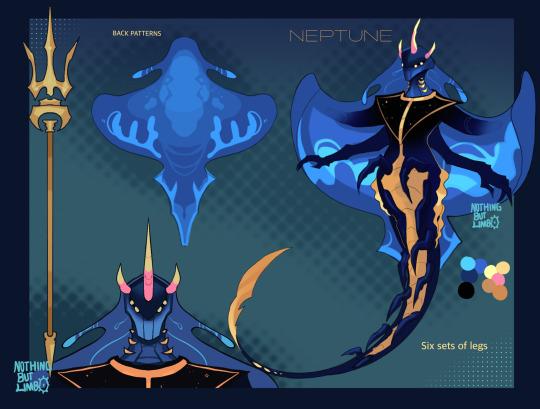
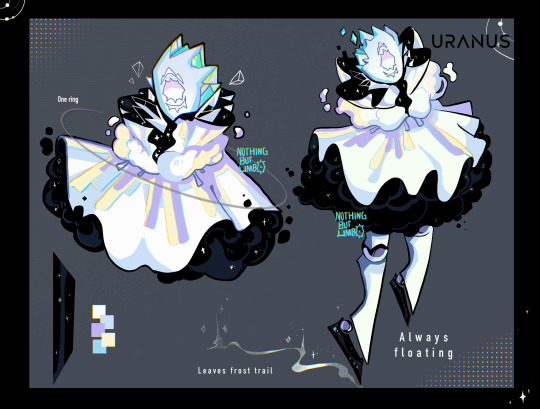
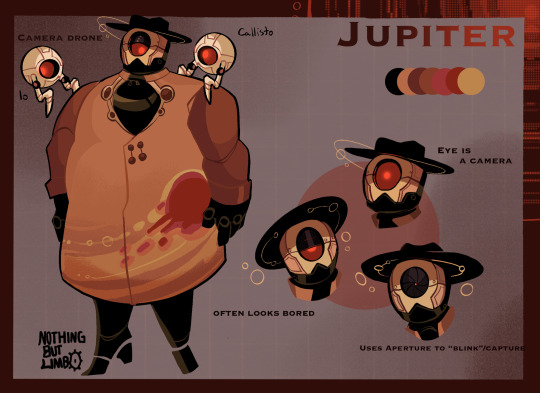
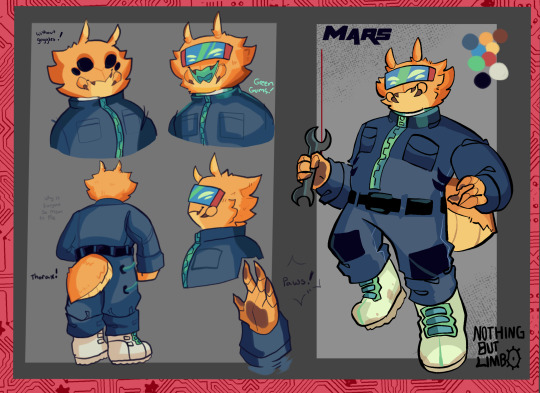
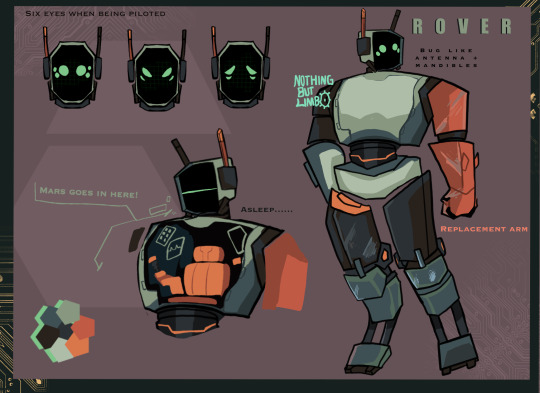



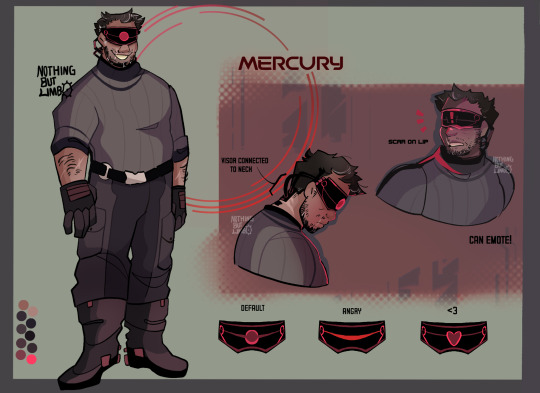

ALL SOLAR SYSTEM CHARACTERS ARE DONE ✨✨✨✨✨✨
#limbo art#digital#oc#my art#celestial council#Neptune#uranus#jupiter#rover#mars#earth#moon#Venus#Mercury#sun#Ravi#Orion#robot oc#body horror
218 notes
·
View notes
Text
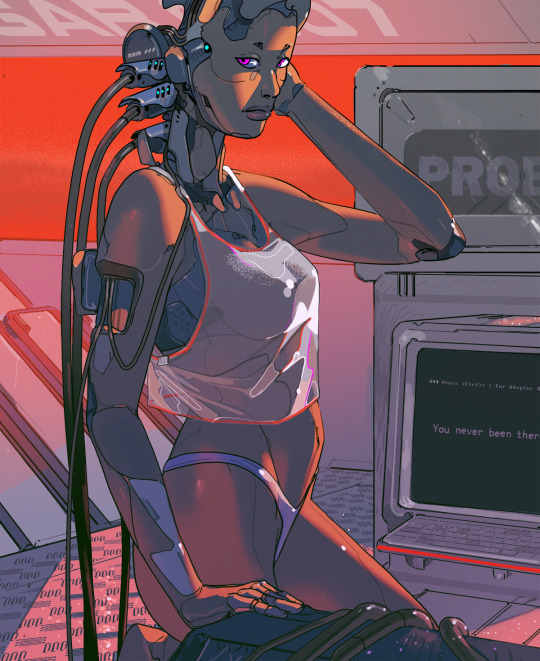
-Let me come back to earth, please.
-You never been there.
#lab#laboratory#mars#solar#light#android#robotics#awakening#memory#fake#loop#far#backto#planet#data#files#confused#cyberpunk#retro#scifi#90s#leave#illustration#drawing#digitalart#digitalsketch#digitaldrawing#digitalartwork#digitalillustration
361 notes
·
View notes
Text

305 notes
·
View notes
Text




This phrase was meant for me
#you'll end up on mars#with chaucer#and a robot shark#shark#donna noble#doctor who#david tennant#catherine tate#rose noble#the star beast#dw spoilers#doctor who spoilers
162 notes
·
View notes
Text
What's:
🔥AUTISM🔥:the movie
I'll go first!
Horton Hears a Who
Cloudy With a Chance of Meatballs
Hotel Transylvania
The Lego Movie
How to Train Your Dragon
Robots
Where the Wild Things Are
Edit:
Ones that have been added!!
Ron's gone wrong
The Mitchells vs the machines
How could I forget that movie!! I love that movie so much!! Augh!!!
Big Hero 6
Mary and Max
Please Stand By
The Bridge (2011, swedish/ Danish version)
Tarzan
Wreck it Ralph
Nimona
The French dispatch
Love love love this movie
The grand Budapest hotel
Also love love love this one
Klaus
The Nightmare Before Christmas
Oh I love this one sm too omg <33
The Inseparables
Shrek
The Book of Life
More of mine I'm adding:
Monsters vs Aliens
Mars needs moms
#thats all i can think of rn#movies that are just so autism and/or movies *I* was (am) autistic about!#if anyone actually see this I'm really curious what your autism movie is#horton hears a who#cloudy with a chance of meatballs#hotel transylvania#the lego movie#robots movie#where the wild things are#autism#autistic#actually autistic#autistic community#autism movies#autism the movie#rons gone wrong#the mitchells vs the machines#big hero 6#mary and max#please stand by#the bridge#tarzan#wreck it ralph#monsters vs aliens#mars needs moms#the french dispatch#the grand budapest hotel#klaus movie#the nightmare before christmas#the inseparables
335 notes
·
View notes
Text










Mars Express by Baptiste Gaubert #1
Instagram
44 notes
·
View notes
Text


George Nader as Roy
Robot Monster (1953) dir. Phil Tucker
#Robot Monster#Monster from Mars#George Nader#Phil Tucker#guys#movies#*#**#filmedit#scifiedit#georgenaderedit#horroredit#userviet#userpedro#holesrus#uservienna#userdeforest#userteri#userlenie#userbrittany
511 notes
·
View notes
Text
Also, I am watching Good Night Oppy (the documentary about the mission of the Mars rover Opportunity) because apparently I want to Cry. And aside from the NASA crew who worked on the project all lovingly referring to Opportunity and its sister Spirit as "she" and talking about how much the whole project meant to them, the lead engineer on the Spirit program, when talking about the end of Spirit's mission, just gently goes "I guess she was tired too, after all the work she had done" and just. Hang on. Hang on I need a second
#space!!!#opportunity rover#it is about the universal human urge to look at the stars! to explore! to bond with non human things like the intensely social apes we are!#anyway i am gonna fuckin cry buckets when this silly little mars robot dies#even though i know it does#(heck i am already crying buckets and we've got like 30 more minutes to go)#but. okay. 'she was tired too after all the work she had done.'#okay okay#i did not need my heart it’s cool
278 notes
·
View notes
Text
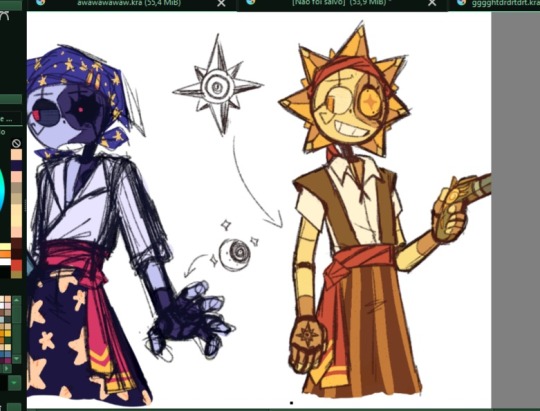
wip updatee
Suneee is herreee; I tried to not overcomplicate his design But I think i failed at that
Put stars on moon's pants (im still unsure on the color,,,) and gave them some tattoos on the back of each hand
Sun and Moon are meant to still share a body in this au, so both have a major injury in their left eye (Sun covers it)
Since treasure planet doesn't have that many robot references besides BEN ( from what I can recall) I took some liberties on making the designs
#John Silver doesn't really count since hes a cyborg#I tried to use some of his robotic features on them#but ig they will be more useful in the glamrocks#mars artz#dca#dca sun#sun#dca au#dca posting
221 notes
·
View notes
